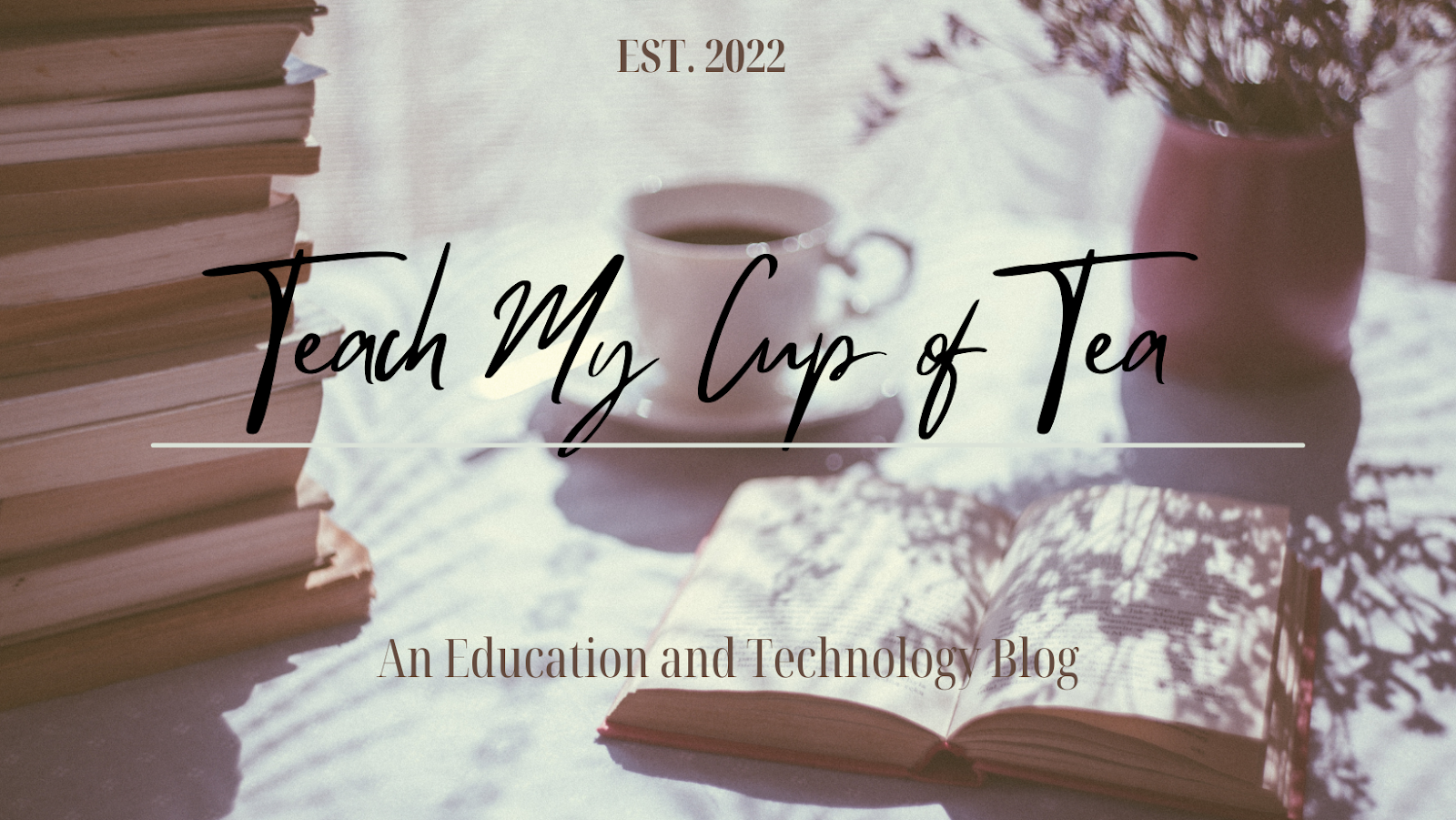All the ISTE's and Digital Mindsets

There were quite a few takeaways from this third week of Spring Semester (how is this already the third week though?!). Between preparing for the first examen pour le français 1121 and setting up a Twitter for eme2040, there have been some new and exciting lessons. The perks of taking such vastly different courses are one gets to open their minds to new tools and resources on a regular basis, which in part build one's personal learning network [everything eventually leads right back to those PLNs y'all]. Some topics this week in my PLN were word processing software like Microsoft (MS) Word and Google docs, along with ISTE Standards for both educators and students, the labels "digital native" & "digital immigrants", and badges (no not like scout badges, though those are fun as well).
When it comes to my familiarity with MS Word, both K-12 and at FSU, I would like to think of myself as knowledgeable. While in K-12, MS Word was new and did not have all the settings it now has (perks of growing up in the 90s and early 2000s right?) but I do think that having courses at FSU have helped me develop my use of MS Word. As for Google Docs, I have used this resource a couple times, primarily when it involved a group project for Plant Biology last spring. However, I definitely am not as familiar with it, so I typically choose MS Word for my software.
The seven key components to an Educator according to the ISTE Standards for Educators, are:
1. Learner
2. Leader
3. Citizen
4. Collaborator
5. Designer
6. Facilitator
7. Analyst
Each of these components are 100% necessary and should be developed and improved upon by educators around the globe, however, the standard of collaborator stood out to me for several reasons. The primary reason is that a collaborator refers to someone who can utilize multiple skills, sources, or even people, and mixes them all in a way that creates a new form or a sense of unity. In a way, being a collaborator involves all the components within itself. From the education standpoint, the collaborator combines other educators and students to create a dynamic team whose mission is to improve practices, time, and help solve problems. Within this role educators also can develop their cultural competency, which involves their ability to interact and appropriately connect with people of different cultures. This is an important role to educators because students have different cultural backgrounds.The standards led to a discussion about what the terms digital "native" and "immigrants", which basically boil down to how much technology was advanced and developed at the time of someone's birth. For example, according to Marc Prensky (an educational leader and key speaker of the use of technology in education), a digital native would be someone like my child or future students who were born into a society where technology could be readily available and revolutionary [think wi-fi, drones, and unlimited data on your phones].
The digital native adapts to the changing technology easily because of their consistent knowledge and use of technology, whereas the digital immigrant would be someone like my parents or my teachers from way back when who have learned skills in technology, but struggle sometimes with the face pace turnaround of its ever-changing nature. And then there are people like me (aka Millennials) who are in the middle. We remember when dial-up was a thing, but are more adaptable to the constant change of the digital world. One could argue as well that these terms are irrelevant as in another twenty years or so from now, those of us considered digital natives now, could be considered digital immigrants depending on the speed of advantages. This will affect us as teachers because we will have to continue to maintain and develop our skills and understanding of the ever-changing digital world. This could lead to miscommunication and learning gaps between students and teachers if not checked regularly.
Speaking of technology, let us talk about badges. These handy little digital achievement markers (think golden stars on good work in elementary school) are a great way to communicate your student's academic achievements while still using growing technology. Even though I have never earned one myself, maybe I will by the end of the semester. I think this is a fun way to engage with students and could be used to connect virtually to others who have the same badges. Again, think gold stars or even Pokémon cards (because you want to catch them all, get it?).
Well, that is all I have, for now, I'll update this soon but in the meantime feel free to follow me on Twitter to get little daily updates, resources, and fun little GIFs.

Till next time!
À bientôt!
-Renee Brady




Comments
Post a Comment